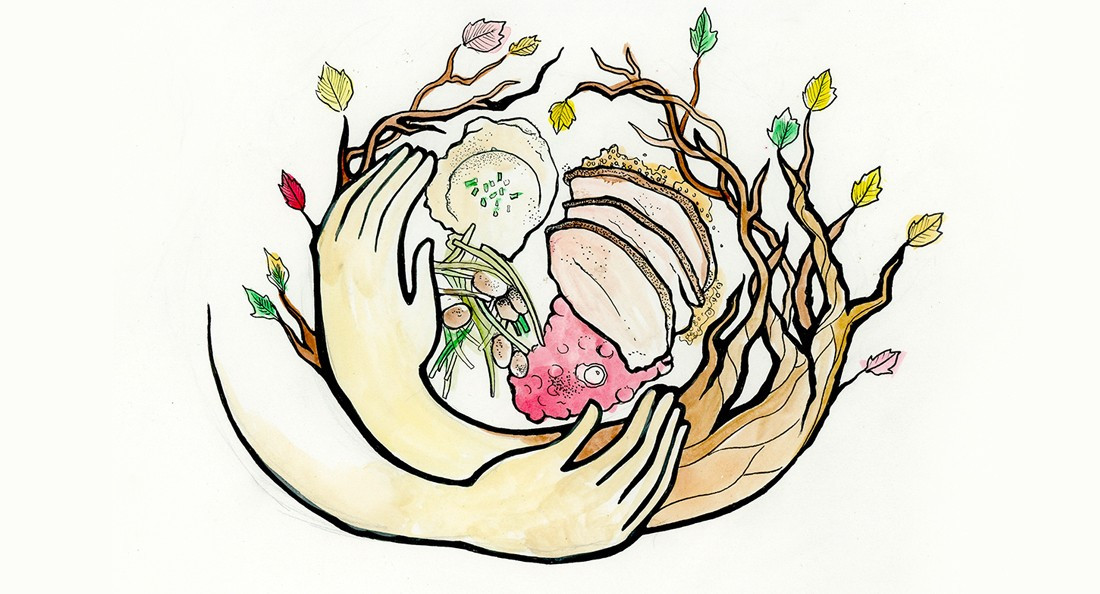UWSA Foodbank offers crucial services
Food insecurity continues to plague students across Canada
With Thanksgiving approaching, the University of Winnipeg Students’ Association (UWSA) Foodbank plays a key role in the lives of many members of the University of Winnipeg (U of W) community.
Binara Hewagamage, social sustainability manager at the UWSA, says in an email to The Uniter that the Foodbank was created to “provide regular food supplements to U of W students and community members in need.”
“The Foodbank is held every Friday from 2 p.m. to 4:30 p.m.,” she says. “We welcome both registered and walk-in clients during this time,” and notes they also have an emergency food bank.
According to Hewagamage, the demand for the Foodbank’s services is on the rise.
“The overall number of clients that use the Foodbank has increased over the years, especially among students. It has become a lot more popular than it used to be,” she says.
Winnipeg Harvest found that since 2008, food bank use in Manitoba has increased by 58 per cent, representing the “highest rate of increase among the provinces.”
A 2016 report observes a similar trend. “Hungry for Knowledge” by Meal Exchange finds that 39 per cent of post-secondary students across Canada experience “food insecurity.” This report also finds that 49.5 per cent of students sacrifice buying healthy food in order to pay for education-related expenses.
In Hewagamage’s experience, these concerns and challenges disproportionately impact international students.
“About 80 per cent of the post-secondary students who use the Foodbank are international students,” she says. “This could be due to the restrictions of working by law. They are allowed to work only a limited number of hours.”
International students represent 9.5 per cent of the U of W’s student population.
The UWSA Foodbank is run in partnership with Winnipeg Harvest. Because of this association, Hewagamage says that they “usually do get adequate amounts of supplies.”
“Registered clients get four non-perishable items (per week), some produce and bakery items,” she says. Items like milk, available for clients with children, can be requested.
However, the Foodbank is always looking for volunteers and accepting donations.
“Donations from university groups and other community-based organizations are always appreciated,” she says. “We also hold annual food drives in order to collect donations of non-perishable food items from students and faculty members.”
“We make an attempt to make it convenient for students by providing them food hampers if they have registered as a Foodbank client,” Hewagamage says.
According to Winnipeg Harvest, more than 41 per cent of Manitoba children use a food bank, which is the second-highest provincial rate in Canada.
More more information on the UWSA Foodbank, visit theuwsa.ca/foodbank.
Published in Volume 74, Number 6 of The Uniter (October 10, 2019)








